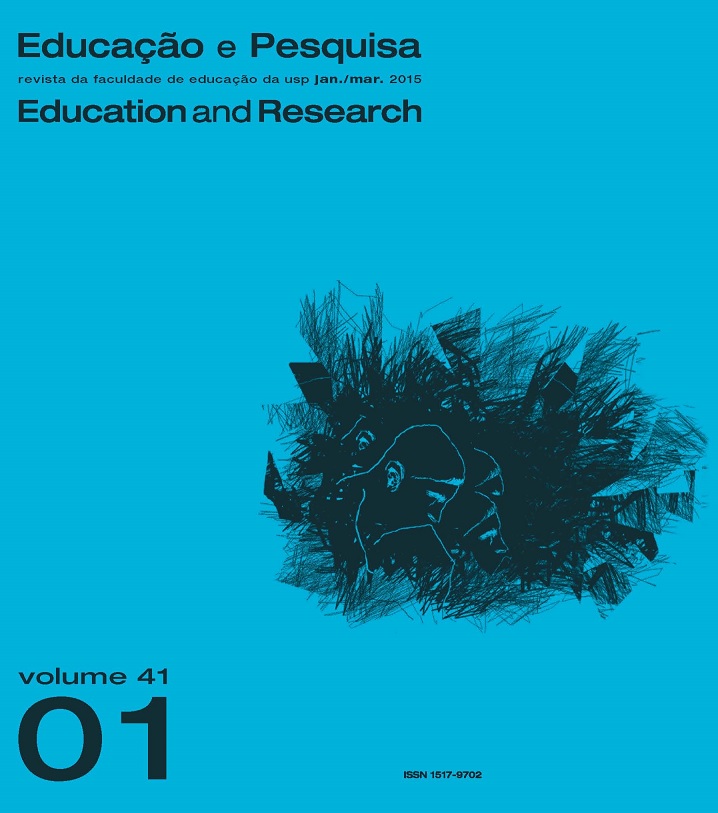Wittgensteinian questions to the pedagogy of competences
DOI:
https://doi.org/10.1590/S1517-97022015011500Abstract
This article is part of a Master’s research that aims at analyzing educational and curricular concepts by means of the philosophy of language developed by Ludwig Wittgenstein. From this perspective, I examine some theoretical assumptions of the so-called pedagogy of competences and question whether this pedagogical model, in the name of the alleged renewal of teaching, encourages the reification of the mental concepts concerning learning processes. To this end, I examine the recast that this pedagogy offers of concepts such as learning, knowledge and understanding, highlighting the ambiguities that arise from them. It is argued that it is possible to obtain a more precise reading of its proposals of educational modernization if we investigate the use of those concepts in the language games in which they are deployed. In the second phase of Wittgenstein’s intellectual production, he showed how linguistic neglect of the dynamics that gives meaning to the concepts and metaphors related to our mental life has made many philosophies assume a metaphysical profile. This article not only examines how a similar phenomenon may occur in the educational field but also argues that the analytical tools built by Wittgenstein can be used against different pedagogical dogmatisms. Thus, the article outlines alternative ways of questioning the meaning of the reforms of school systems that have sought grounds in the pedagogy of competences.Downloads
Download data is not yet available.
Downloads
Published
2015-03-01
Issue
Section
Articles
License
Authors assume exclusive responsibility for the concepts expressed in their articles, which do not necessarily reflect the journal’s opinion.
Permission to photocopy all or part of the material published in the journal is granted provided that the original source of publication be assigned.
How to Cite
Wittgensteinian questions to the pedagogy of competences . (2015). Educação E Pesquisa, 41(1), 229-242. https://doi.org/10.1590/S1517-97022015011500



